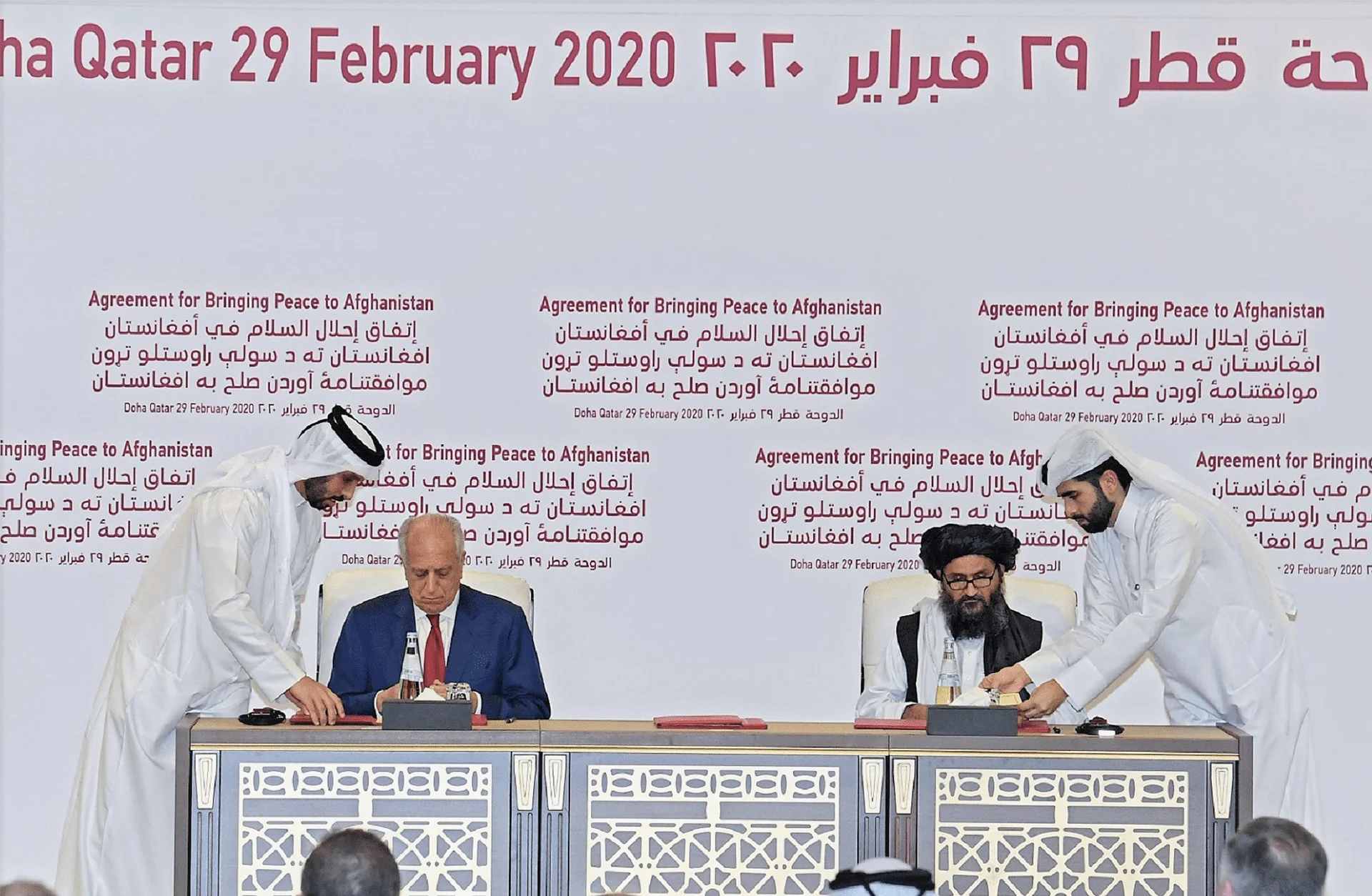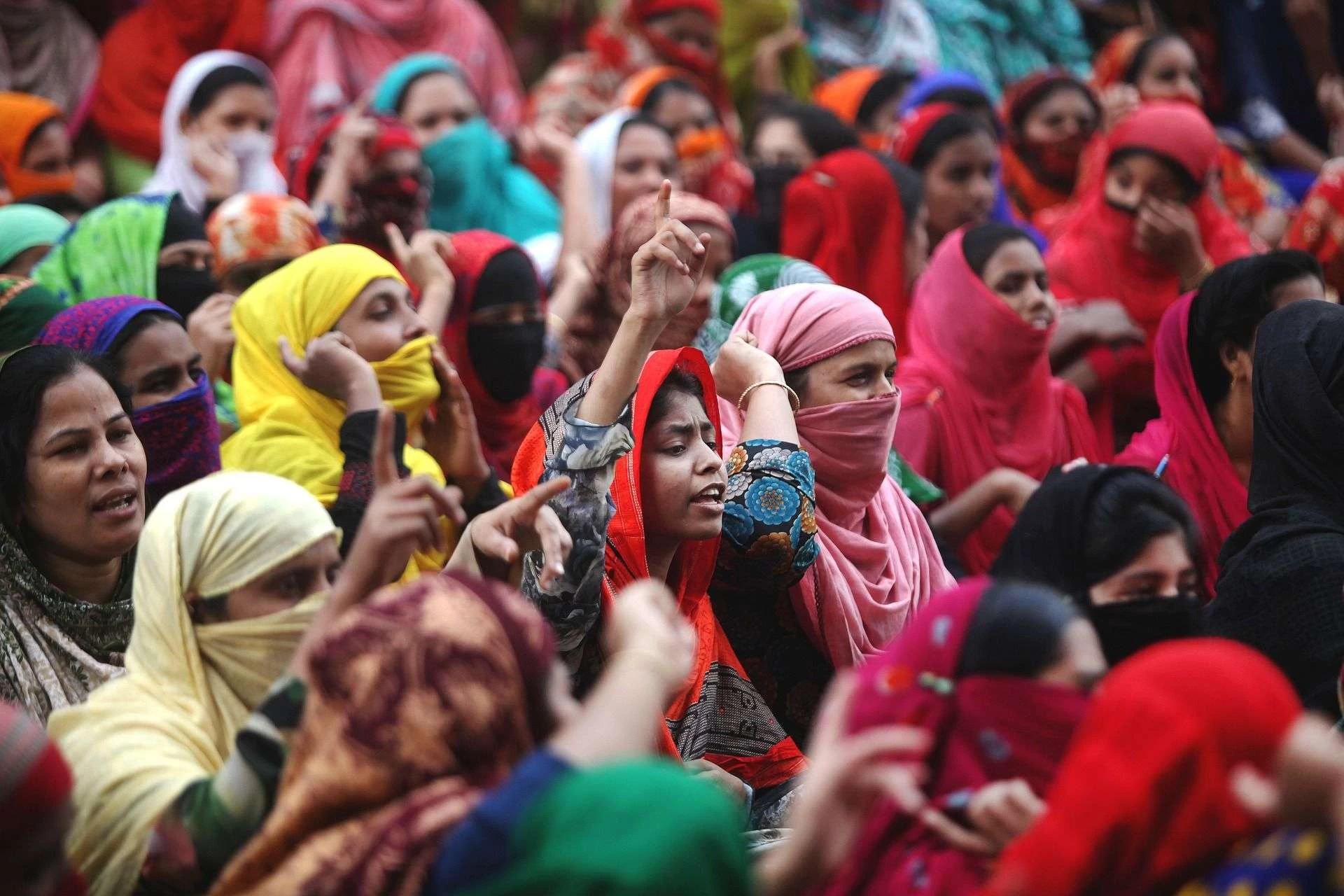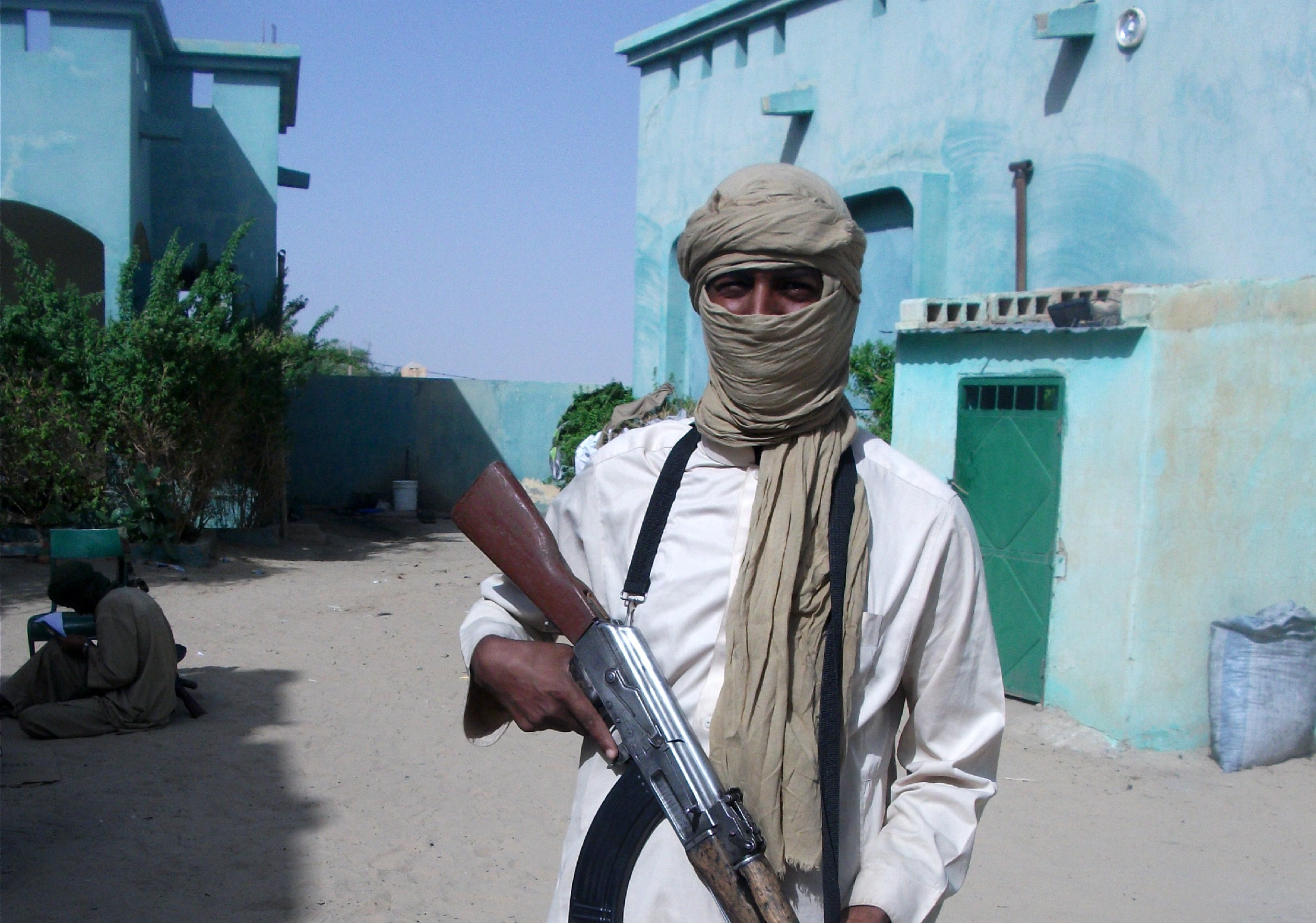Member of the UK Parliament and Foreign, Commonwealth and Development Office Minister for the Indo-Pacific, Catherine West, paid a courtesy call on Prime Minister of Sri Lanka, Dr. Harini Amarasuriya, on January 27, 2025, at the Prime Minister’s Office.
Also See: What’s at Stake in Sri Lankan Elections Post-Economic Meltdown?
During the meeting, Ms.Catherine West and Dr. Amarasuriya engaged in discussions on key government priorities, including poverty eradication, regional development, and economic equity.
The dialogue also addressed Sri Lanka’s digital transformation initiatives and the “Clean Sri Lanka” program, with Dr. Amarasuriya highlighting the importance of social responsibility and inclusive governance in driving national progress.
The meeting was attended by H.E. Andrew Patrick, British High Commissioner to Sri Lanka.
The Sri Lankan delegation included Secretary to the Prime Minister, Pradeep Saputhanthri, Additional Secretary to the Prime Minister, Sagarika Bogahawatta, and Assistant Director of the Europe & North America Division at the Ministry of Foreign Affairs, Damithri Samangika.
This news is sourced from News First and is intended for informational purposes only.

![Catherine West meets Dr. Harini Amarasuriya to discuss poverty, regional development, and digital transformation. [Image via News First]](https://southasiatimes.org/wp-content/uploads/2025/01/WEB-2025-01-28T081605-779019.webp)




